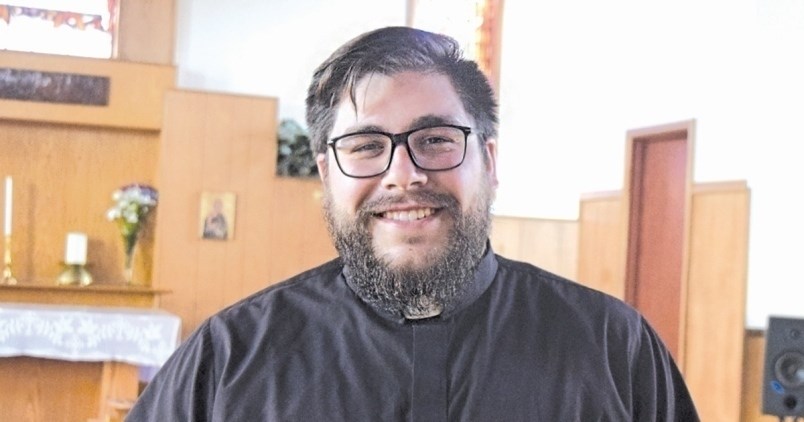For the last 50 years, Anglicans have observed National Indigenous Day of Prayer (NIDP) on June 21. Anglican congregations will mark this celebration on June 20, since the official day falls on a Monday.
The idea for NIDP emerged from advocacy work of Saskatchewan priest, Archdeacon Andrew Ahenakew. Today, June 21 is marked by many religious groups. On that day, we thank God for the gifts, wisdom, and insight with which indigenous peoples across Canada have blessed our country, our communities, and our churches. We also recommit ourselves to finding the truth about how our actions impact Indigenous peoples and to living differently so indigenous and settler peoples can live as one.
The process of truth and reconciliation is at the heart of all religious and spiritual traditions I have encountered. It is a process of listening to the people we have hurt, acknowledging our sins, asking for forgiveness, and committing to live our lives differently so the sins we committed will not happen again.
Over the years, Anglicans have learned more of the truth about the residential schools we ran. According to Anglican Church records, the church operated around three dozen schools between 1820 and 1967. Before Confederation in 1867, Anglican missionaries ran these schools with the purpose of converting indigenous peoples to Christianity. After Confederation, the Anglican Church operated these schools on behalf of the Canadian government. These schools were used by the church not only to convert students to Christianity, but to assimilate them into a British culture. Due to underfunding, many residential schools were ill-equipped to provide a quality education for children. Canada’s Truth and Reconciliation Commission (TRC) identified 3,200 children (566 in Saskatchewan) who died while attending the schools as a result of poor care. Since the TRC published its report more missing children have been identified and more pain and hurt is being felt.
Injustices towards Indigenous peoples continue today.
According to The Council of Canadians, “73 per cent of First Nations’ water systems are at high to medium risk of contamination.”
Racism and cultural insensitivity place barriers to accessing jobs. A study from Ryerson University found that employers were more likely to hire non-Indigenous people over Indigenous people more qualified for the position. According to the 2016 Census, 83 per cent of children in Saskatchewan’s foster care are indigenous. Critics point out that the foster care system is the current method used to separate indigenous families.
These are hard truths to hear. As a Christian, I must listen and acknowledge these sins are committed against God’s beloved children. Many groups have issued apologies for the wrongs they have committed towards indigenous peoples. Without changing our ways, however, these apologies fall flat. Jesus shows us that each person is loved by God. To follow Christ means we must do the hard work to learn how to love, to accept the blessings of other people, and live our lives differently.
For more information, anglican.ca/tr/schools/.



